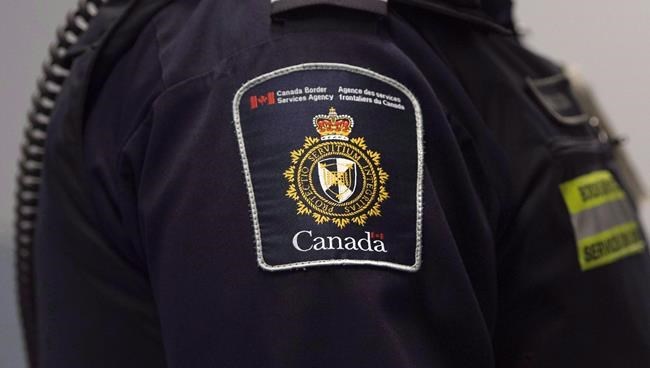OTTAWA — The Canada Border Services Agency says it turned back 21 people who tried to enter the country from the U.S. in May to claim asylum.
The CBSA says 17 were sent back to the U.S. from the Quebec region and four were sent back from the Pacific region after they were stopped by the RCMP entering between formal border control points.
The 21 were turned away under the rules governing the current shutdown of the Canada-U.S. border to non-essential traffic in order to slow the spread of COVID-19.
Before that closure, hundreds of people a month entered away from official border points to be able to claim asylum.
The first agreement sealing the border allowed Canada to turn them all away, but after criticism Canada was abandoning its obligations to refugees, the rules were relaxed to allow some people to file claims.
To do so, they have to be exempt from the Safe Third Country Agreement that governs refugee claims at the Canada-U.S. border.
The agreement is based on the premise both countries are safe and a refugee claimant should seek asylum in whichever of the two countries he or she enters first.
For that reason, most people will be turned away if they show up at a regular border crossing and request asylum.
The exceptions include unaccompanied minors and those who already have family members in Canada.
Statistics from the federal government show that 185 claims were filed at land border offices last month.
Those who don't qualify for the exemption can still file claims once they are in the country, which is what has driven many to enter — often on foot — between formal border points and make claims once they arrive.
According to the latest figures from the Immigration and Refugee Board, between February 2017 and March 2020, 58,255 irregular border crossers lodged claims in Canada.
Only 28,644 cases have been heard so far. Of those, 14,420 have been accepted, 11,948 have been rejected, and the rest were withdrawn or abandoned.
This report by The Canadian Press was first published June 29, 2020.
Stephanie Levitz, The Canadian Press



